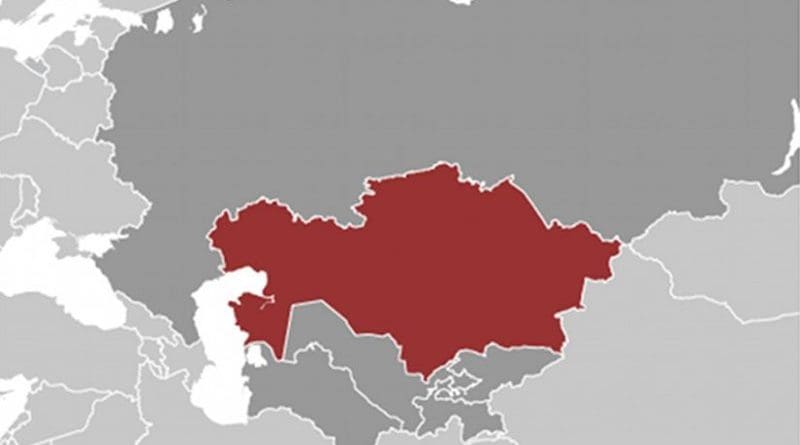Sufism Better Than State As Bulwark Against Politicized Islam – OpEd
By Paul Goble
Sufism by virtue of its syncretic nature and of its focus on things not of this world is far better suited than any government agency to provide a bulwark against the spread of Islamist radicalism, according to Marat Smagulov, a specialist on Islam at Kazakhstan’s Foundation for the Support of Islamic Culture and Education.
He points out that the Hanafi trend within Sunni Islam followed by most Muslims in Kazakhstan is less well positioned to defend its followers from the appeals of politicized Muslim leaders unless they are influenced as well by Sufism which helped spread of Islam among Kazakhs (camonitor.kz/24366-islam-v-kazahstane-i-sufizm-istoriya-i-perspektiva.html).
Unfortunately, he says, the government of Kazakhstan like many of the other post-Soviet states has not come up with “specific and effective measures” to oppose “the ideology of Wahhabism.” Instead, these regimes have focused “on the consequences rather than the causes” of this phenomenon.”
Thus, the struggle so far has been “senseless,” and in Smagulov’s view, “only by opposition the ideology of Sufism against Wahhabism will there be a positive result.”
Sufism, he continues, is “a doctrine not only about who an individual is but also about how he should be.” It arose in the earliest period of the Muslim era as “a science about morality” and one might call it “the spiritual-intellectual school of Islam” from which all Muslims interested in their faith can draw.
“One of the specific aspects of Sufism,” he continues, is its willingness and ability to adapt rapidly to local conditions rather than demand that local values be rejected and overthrown. “This aspect too has helped preserve pre-Islamic faiths and traditions in the popular Islam of Kazakhstan.”
According to Smagulov, “the process of the Islamization of the Kazakhs developed as a result of the significant impact and influence of Sufi ideas” precisely because Kazakhs were not forced to choose between them and the Islam offered by some other trends and by politicized Islam at all times.
Sufism appeared in what is now Kazakhstan at the time of the Golden Horde. It grew in importance when Tatar, Bashkir and Caucasian Sufis who fought for Emelyan Pugachev against the tsarist regime came to the Kazakh steppe after his defeat. And Sufi sheikhs helped keep Islam alive during Soviet repressions.
In considering how to use Sufism to oppose Islamist fundamentalism, Smagulov continues, “it isn’t necessary to reinvent the wheel. The Naqshbandia tariqat, which just like the Kazakhs is part of the Hanafi rite,” stands ready and able to oppose those who exploit Islam for political purposes.
One should note, the Kazakh expert says, that “attempts to destroy Sufism or minimize its influence on Muslims always have been one of the main tasks of those who are unhappy with the existence of Islam on earth” and who want to reduce the faith to “a primitive social-political ideology in favor of some mercantile interest or other.”
“Unfortunately, Sufism in Kazakhstan has not yet been studied sufficiently,” and that gap is being used by “pseudo-Sufi movements” to undermine its influence. They are assisted in this by “pseudo-Salafis who are only concerned with discrediting Sufism when they speak out on its behalf.
Sufism can be especially effective in opposing Islamist radicalism in Kazakhstan because Sufism and the Kazakh people share so many values: respect for the dead and family, support for popular traditions, and promotion of the arts, all things the Islamist radicals oppose, Smagulov argues.
And he concludes by saying that those countries where the governments support Sufism as Turkey does the Naqshbandia order rely on it as “an effective barrier against the ideology of terrorism,” a set of ideas that promotes “stability and peace.” Kazakhstan could benefit by doing the same.

